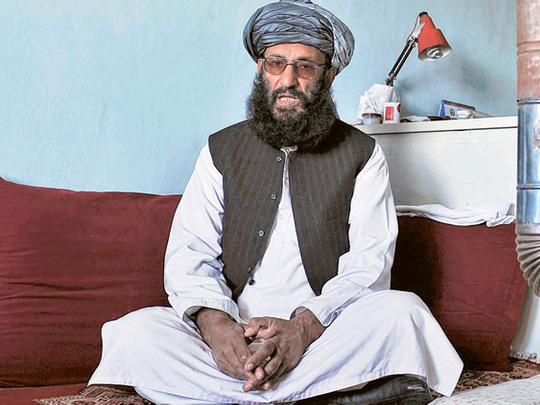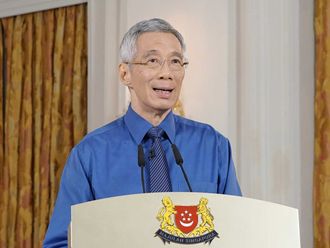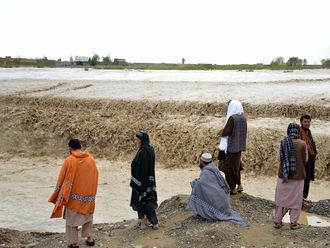
Kabul: From a simple mud-walled house above a steep Kabul hillside buried deep in snow, the Taliban's former guardian of virtue and once-feared scourge of vice sees a revolution under way.
Maulvi Qalamuddin, the bearded cleric who oversaw the religious police squads which roamed Afghan streets beating women, smashing televisions and herding men into mosques, says a more moderate Taliban is emerging as its leaders look to the future and eye a political return through nascent peace talks.
"Now it is much different, as different as the grass is to the sky," Qalamuddin told Reuters in his small study, lined in Islamic texts, crimson carpets and lace curtains the same sky blue as the head-to-toe burqa worn by many Afghan women.
With his blue silk turban and heavy, black-framed glasses, Qalamuddin is as imposing as when first appointed deputy minister for the promotion of virtue and prevention of vice by the Taliban's leader, Mullah Mohammad Omar, during the Islamist group's brutal rule for Afghanistan from 1996 to 2001.
But he claims to have softened in the intervening years and since being appointed by Afghan President Hamid Karzai to a peace council liaising with insurgents on a reconciliation process its backers hope can end Afghanistan's increasingly unpopular war, which has just entered its eleventh year.
Key mistake
"The Taliban were defenders of Islam and true Muslims, and we introduced a pure Islamic system. I believe the Taliban will never regret that. But individuals made mistakes," he said, making an oblique reference to his own tattered record.
"There were many political mistakes by the Taliban government, plus administrative problems. It's much different now, because now I know how to deal with it."
Qalamuddin is the most controversial of five former Taliban members appointed by Karzai in 2010 to the high peace council, having been jailed for 18 months after his arrest in late 2001. Attempts to bring him to trial for human rights abuses against both men and women failed due to lack of evidence.












